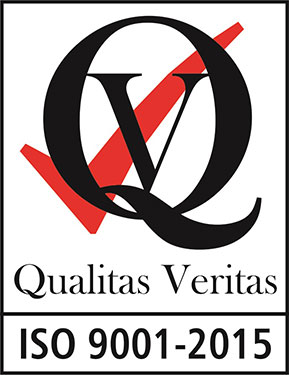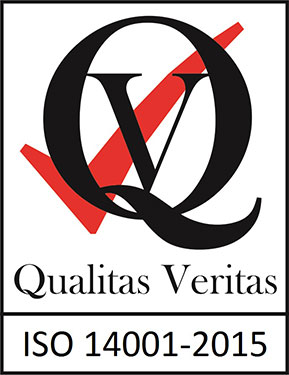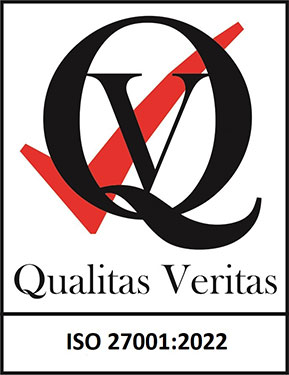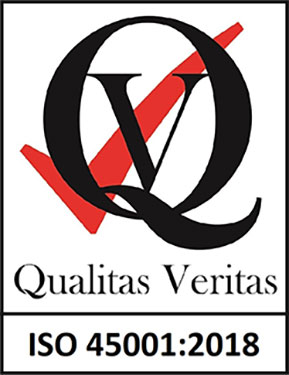Savills Estate Agent, one of the largest specialists in the UK, recently looked back over their books to see how people typically pay for properties in the prime market in London. The findings are impressive because they show how important a role cash plays. Between 2001 and 2013, only 19% of the money spent on properties worth over £1 million was obtained via a mortgage. Throughout the whole period buyers preferred to buy outright rather than accruing debts, thereby avoiding various expenses and maximising their potential returns.
The estate agent also found that 76% of buyers purchasing properties worth over £5 million paid for them entirely in cash. This is in contrast to those worth between £2 million and £500,000, where 50% were bought with some kind of mortgage.
In a broader sense, 58% of buyers in the prime market didn’t use any form of lending to pay for a property. Those that did commonly borrowed much less than 50% of the total value of the building so they could keep costs to a minimum.
Debts were most frequently taken by families in their 30s and 40s looking to move up the property ladder. The mortgages typically helped them to purchase larger homes whilst also unlocking funds for additional things. Another reason people choose to use some form of debt in the prime market is to reduce the risk of a collapse in prices. By paying cash outright any losses will be felt instantly. With a mortgage there is time for prices to grow again and you can always re-mortgage to free up equity.
The prime property market in London is driven by money. That is why the price of properties has grown so extensively over the last few decades. Cash plays an important role and it is no longer a surprise to see wealthy investors purchasing homes without accumulating any debt. When purchasing a property it is essential that the buyer weighs up the risks and potential rewards so they choose the right option. We can help you to make the right choices when you are considering Barking and Dagenham investment properties, or if you are thinking about making an investment in any other part of the capital.





